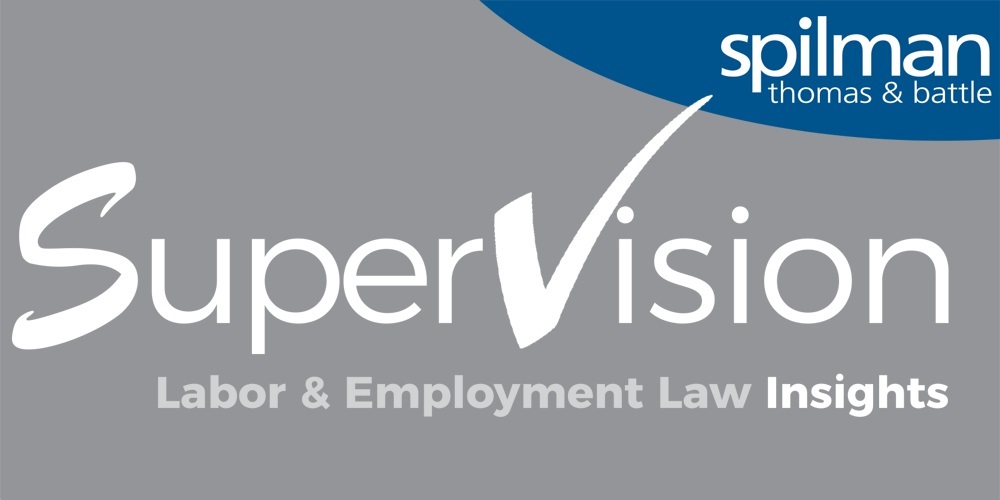Article
Resources
Article
Discipline for Offensive or Abusive Conduct Towards Management - What is “Opprobrious” Enough for the NLRB?

Employers must be cautious in disciplining employees for offensive or abusive conduct directed at management in the workplace in light of standards recently reestablished by the National Labor Relations Board (“NLRB”).
On May 1, 2023, via its supplemental decision in Lion Elastomers LLC, 372 NLRB No. 83 (May 1, 2023), the NLRB reinstated prior Board law requiring that the determination of whether offensive or abusive conduct by an employee engaged in otherwise protected activity is also protected under what the Board described as “setting specific standards.” The Board’s decision was issued on remand from the United States Court of Appeals for the Fifth Circuit to consider the effects of an intervening Board decision in General Motors LLC 369 NLRB No. 127 (2020) that overruled prior Board law on this issue and substituted the Wright Line burden shifting framework. Wright Line requires a determination of whether the employer’s disciplinary decision was motivated by animus towards protected Section 7 activity. Simply stated, the Board’s ruling in Lion Elastomers considers abusive employee conduct as “inseparable” from the accompanying protected activity regardless of whether the employer’s actions were motivated by the Section 7 activity.
Lion Elastomers now requires that the assessment of whether offensive or abusive employee conduct directed towards management is unprotected must be evaluated under a four-factor test first established in the case of Atlantic Steel Company, 285 NLRB 814 (1979). The ultimate question, as described by the Administrative Law Judge (“ALJ”) in the original Lion Elastomers decision, is whether the offensive conduct is “sufficiently opprobrious” to be unprotected considering the following:
- Place of the discussion. The ALJ wrote that, “[s]pontaneous comments made during group meetings are more likely to be protected.”
- Subject matter of discussion. The ALJ noted that, “[s]peech that relates to terms and conditions of employment is more likely to be protected.”
- Nature of the employee’s outburst. Here, the ALJ noted that under prior decisions, “[l]oud and boisterous behavior, including cutting off a supervisor, and delivering words in an ‘animated and challenging tone,’ is still not opprobrious enough to lose the Act’s protection.”
- Whether the outburst was provoked by an unfair labor practice. ALJ Rosas noted that protected employee outbursts are not always motived by unfair labor practices. Consequently, the absence of an unfair labor practice, while a factor to consider, is not determinative.
Abusive or offensive conduct by an employee towards a supervisor that violates employer expectations of civility, decorum, and related rules of conduct is not exempt from discipline or even discharge. However, where the abusive conduct occurs while the employee is engaged in otherwise protected Section 7 activity, the employer must be cautious in its response. Employers, both unionized and non-union alike, must also exercise caution when assessing the threshold issue of whether an employee is engaging in protected activity under Section 7 because the Board’s standards are evolving – and expanding – in this area.
Employers with questions about the scope and applicability of Section 7, employee discipline, and how to responding to abusive conduct towards a supervisor should seek legal counsel. Spilman’s labor and employment team is available to assist all employers as they navigate these complicated issues.


